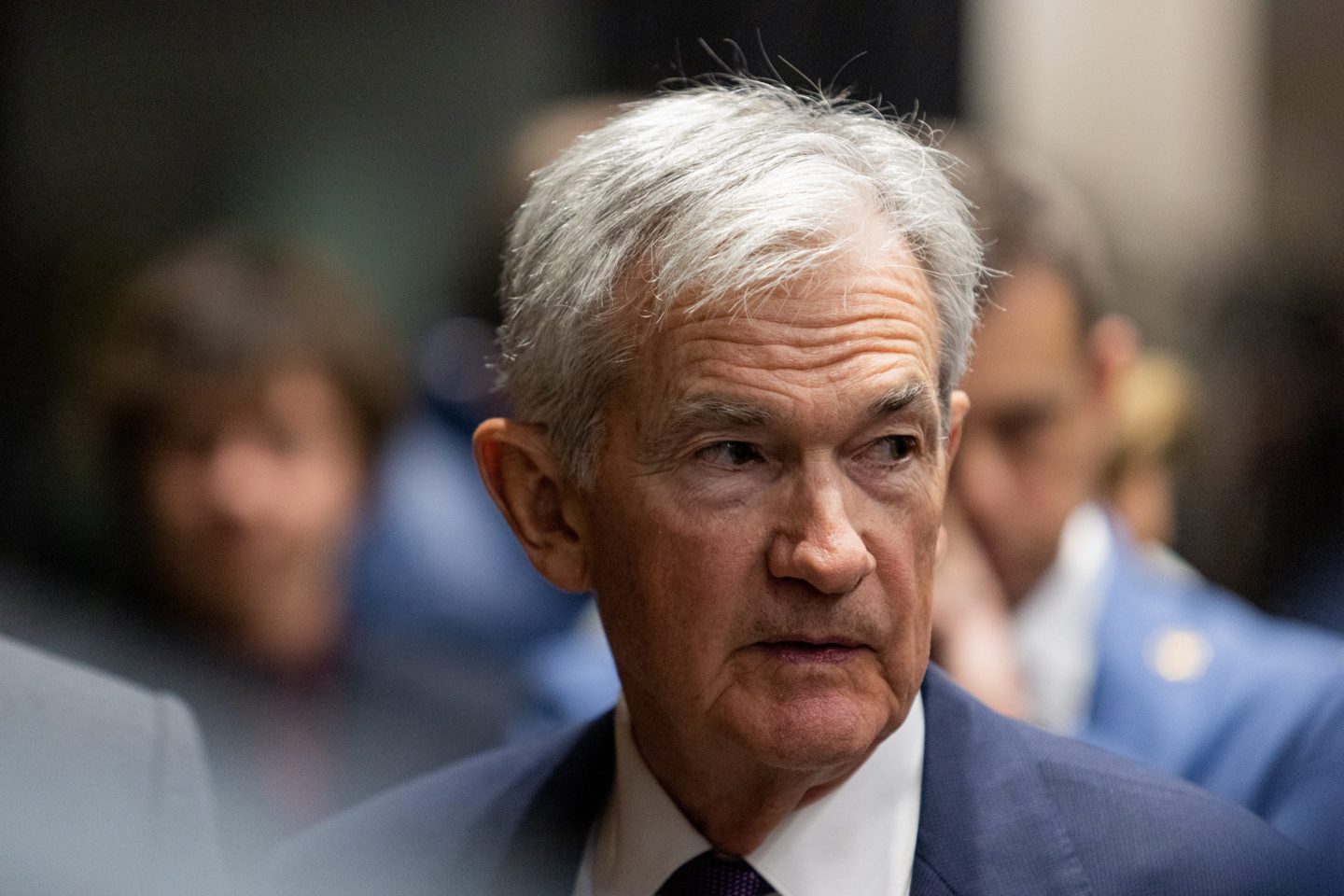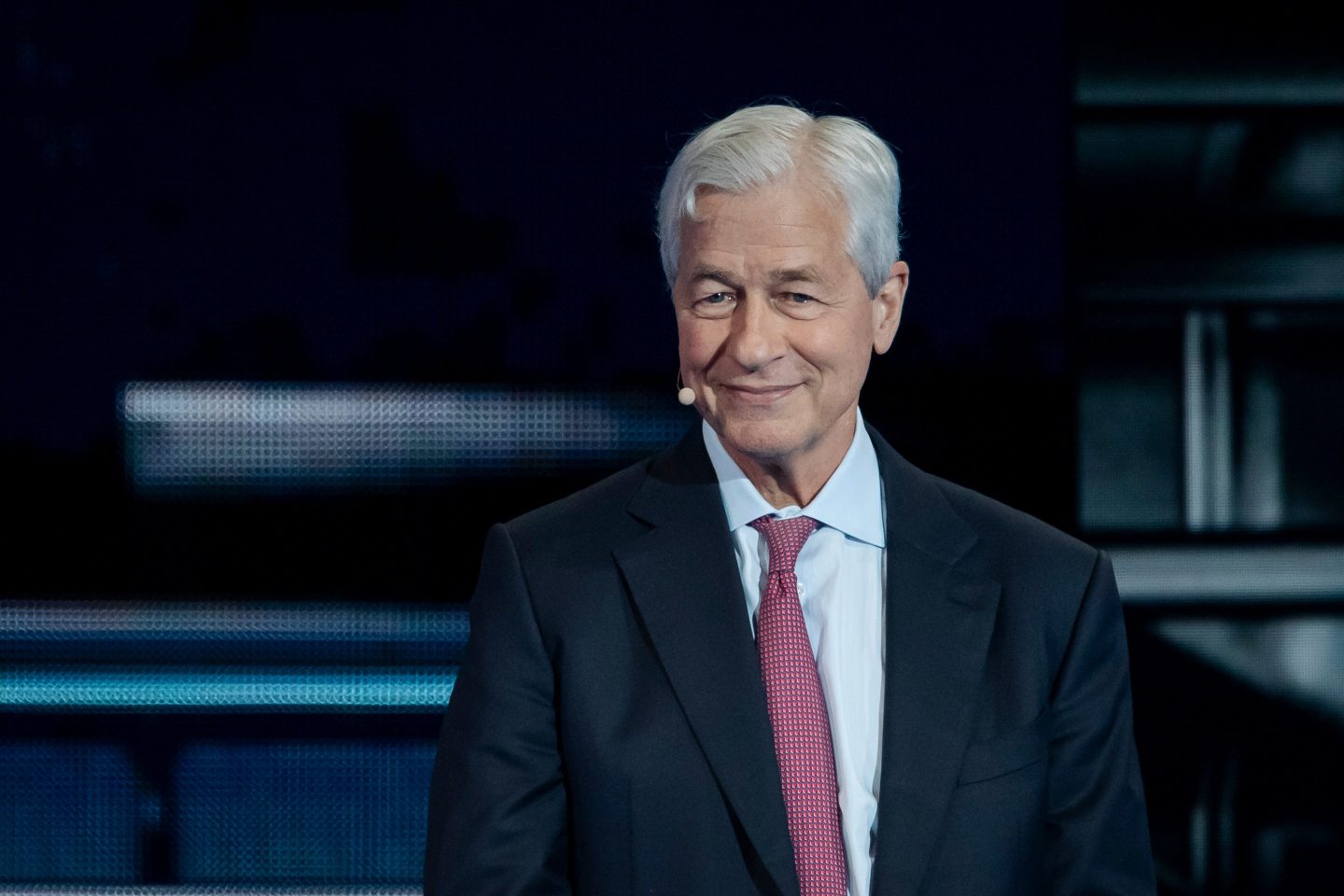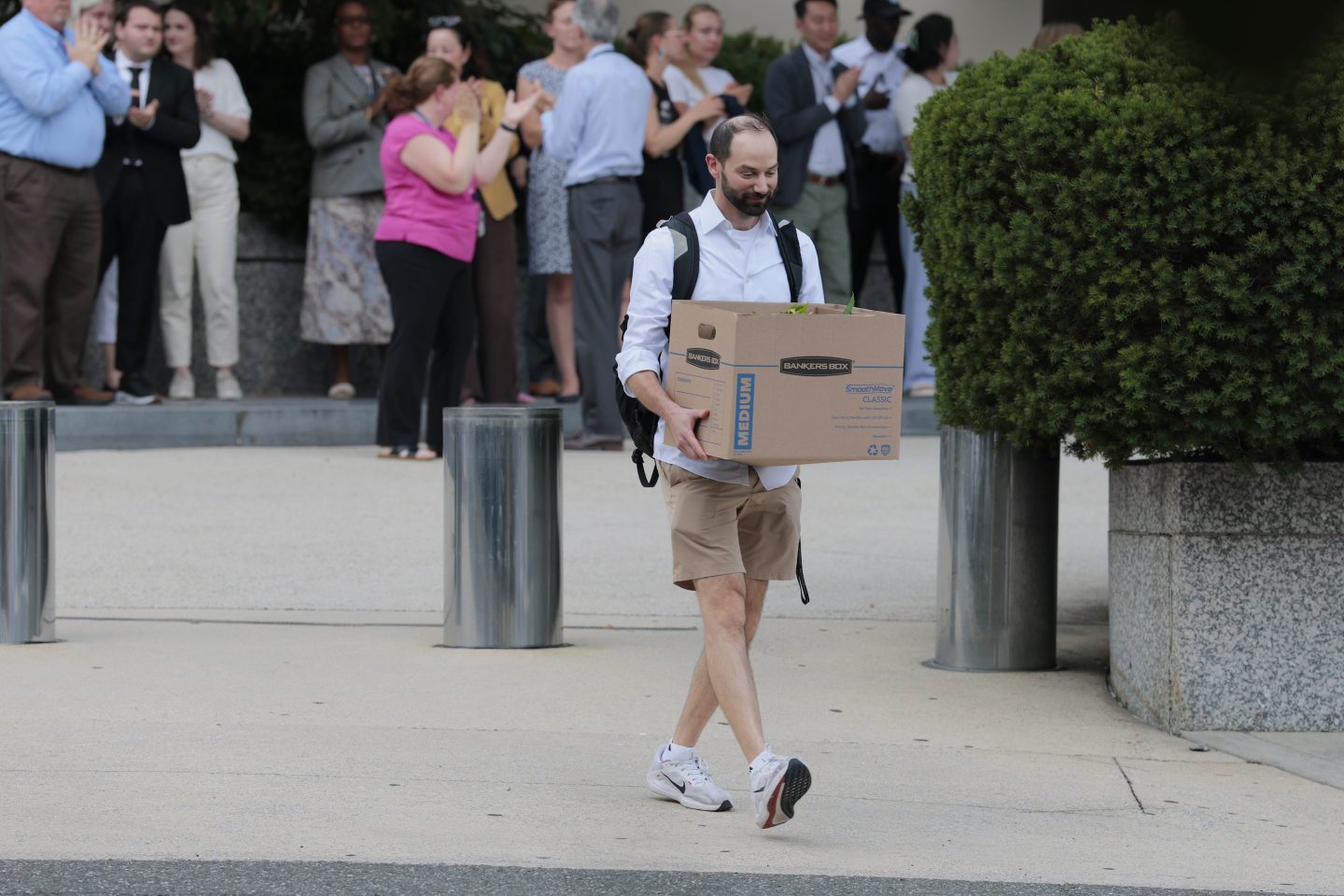The BankUnited IPO scored big, but private equity types are still lamenting their failure to make a bigger dent in the bank buyout racket.
BankUnited (BKU) raised $786 million selling 29 million shares to the public, two years after its collapse and subsequent takeover by a group led by Blackstone, Carlyle, Centerbridge and Wilbur Ross. Those four investors netted more than $600 million by selling shares in Friday’s initial public offering, which values BankUnited at $2.6 billion.

That’s a nice check for a few years’ work. But the private equity industry has spent the past few years grumbling that there aren’t more such deals available on their terms, thanks to what they see as the reluctance of regulators to sign off on deals with a group they haven’t always held in high regard.
“A number of opportunities have been stalled at the Fed or the FDIC,” said Hal Reichwald, a banking lawyer who represents private equity buyers at Manatt Phelps & Phillips in Los Angeles. “You have to think the Fed continues to believe private equity is just a bad thing.”
Of course, there is some so-called headline risk for regulators in sanctioning a deal that enriches investors so quickly after a bank failed at great cost to the federal deposit insurance fund. BankUnited will cost the FDIC fund billions but turned profitable just months after its 2009 takeover, thanks in part to an FDIC deal to pick up billions of dollars in loan losses.
Beyond that, regulators remain concerned about the prospect of fast money types rushing in for a quick killing and then leaving taxpayers on the hook for a big cleanup bill, as has happened once or twice.
The Federal Deposit Insurance Corp. in 2009 cleared rules that hold private equity buyers to a higher capital standard and force them to hold bank investments for at least three years. Those come on top of existing laws that limit bank ownership by nonbank entities and expose bank backers to unlimited losses, the better for providing an incentive to make good loans.
Private equity types had hoped to gain some leverage with the flood of banking assets that came onto the FDIC’s books in recent years as bank failures picked up. Some 300 banks have failed since 2008, and the value of assets the FDIC has yet to dispose of rose 30% in the last year to a record $50 billion.
Yet regulators have shown little sign of giving in. Of the 20 biggest private-equity banking takeouts since 2006, just three, totaling $587 million, were announced last year, according to Dealogic.
That compares with five big deals announced in 2009 (including the $900 million BankUnited buyout), totaling $6.6 billion, and six big deals announced in 2008 totaling $6.3 billion.
The slow pace of private equity bank purchases, together with the near paucity of new bank charters issued last year and the long decline of the number of U.S. banks, suggest regulators may be prepared to permit a deeper industry shakeout.
“You would think private equity would provide one way to restructure viable banking institutions,” said Reichwald. “But you don’t see that happening, so maybe the answer is they are pressing for fewer banks.”










